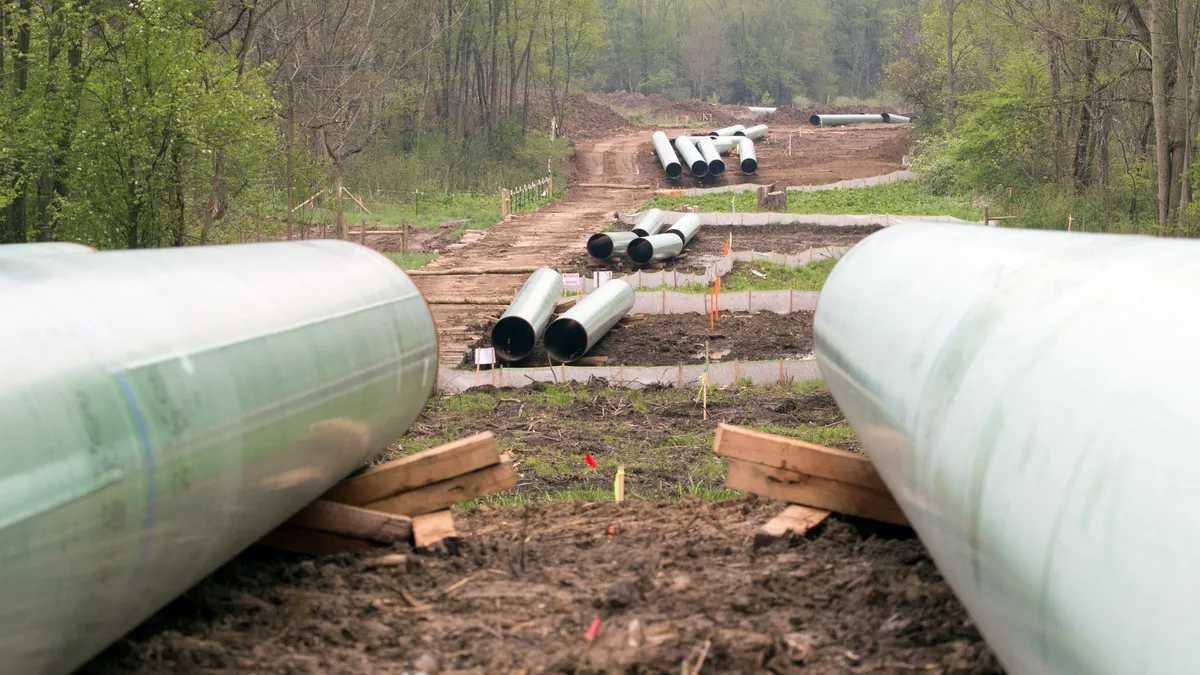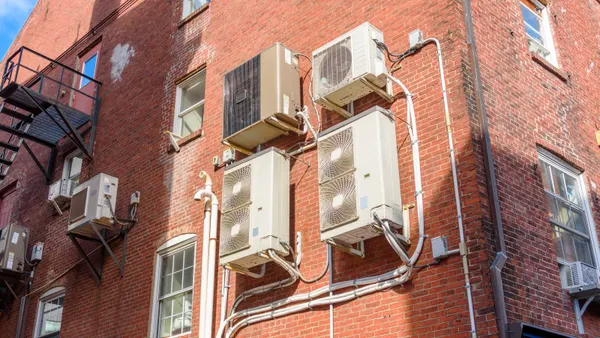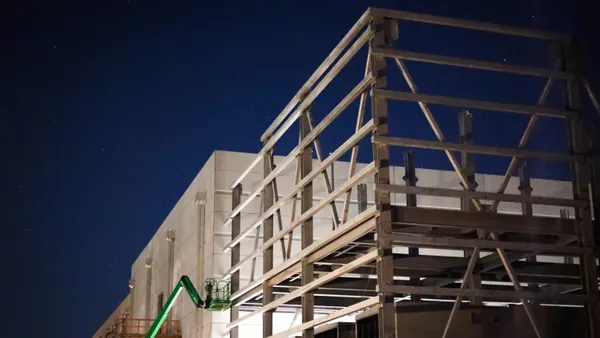Dive Brief:
-
The Federal Energy Regulatory Commission is working to more thoroughly consider how its decisions affect people who have historically borne the brunt of pollution and energy infrastructure, Montina Cole, FERC senior counsel for environmental justice and equity, said Wednesday.
-
The agency is also trying to make sure environmental justice communities are meaningfully involved in FERC decisions, which may lead to broadly beneficial decisions and reduced litigation, Cole said during a webinar hosted by WIRES, a trade group for utilities, grid operators and other companies in the transmission sector.
-
While the agency is focused on more deeply incorporating environmental justice and equity into its reviews of proposed natural gas infrastructure and hydroelectric facilities, those considerations could also affect transmission projects and electric rates, Cole said.
Dive Insight:
“Environmental justice is about making sure that we recognize and identify disproportionately high and adverse human health or environmental impacts on communities of color and low-income communities,” Cole said. “And also, once we identify these impacts, making sure that we address them, and also ensuring that these folks are meaningfully involved regarding the development of environmental law and policy.”
Equity involves taking into consideration that not everybody is similarly situated, and making sure FERC’s processes and practices work for everyone, Cole said.
FERC, however, has not always embraced those considerations, according to agency critics.
“It's really no secret that the commission has needed to do better with respect to environmental justice and equity,” Cole said.
The agency, for example, has one liaison to engage with 574 tribal nations, according to Cole.
And in August, the U.S. Court of Appeals for the D.C. Circuit, in Vecinos v. FERC, found that the agency failed to adequately consider environmental justice issues when it approved two liquefied natural gas facilities and related pipelines in Texas.
In response to an executive order, FERC in mid-April issued its first-ever equity action plan, which laid out a two-year roadmap for integrating environmental justice and equity issues into the agency’s decision-making and daily operations.
The action plan focuses on five issues: continuing to set up the new Office of Public Participation; tribal government consultation and engagement; the review of proposed natural gas infrastructure; hydropower project licensing; and strengthening FERC staff’s ability to promote equity in the agency’s work.
Cole, who joined FERC a year ago, said she has been working with a growing team at the commission to instill environmental justice and equity considerations across agency programs.
While states are generally responsible for transmission siting, Cole noted that FERC’s backstop authority for siting transmission in "national interest corridors" was recently clarified and that environmental justice issues seen with natural gas projects would likely come up with power line proposals.
There are three basic environmental justice considerations for energy infrastructure, including transmission, according to Cole.
Identify the communities, see how they will be affected by proposed projects, and reduce any harmful effects, Cole said.
Meaningfully engaging with the communities is vital to the process, according to Cole.
“It's critical. It should be done early. It should be done often, including when we're choosing transmission pathways,” Cole said.
Also, the energy transition has environmental justice implications, according to Cole.
“All communities should have access to affordable, reliable energy,” Cole said. “And a transformed energy grid can help to relieve communities that currently shoulder disparate energy burdens.”
Environmental justice can lead to broad societal benefits, such as cleaner air and a stronger economy, according to Cole.
“We don't live in siloed, separated ways,” Cole said. “We're all interconnected, so when equity and [environmental justice] is present, then we all benefit."















